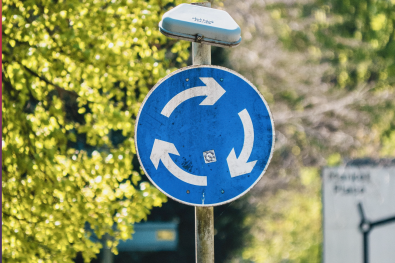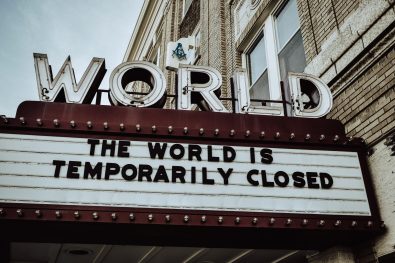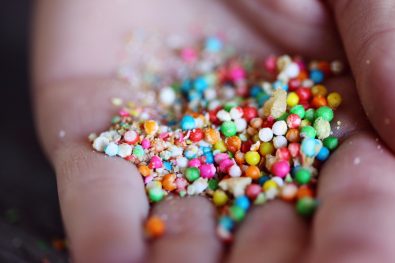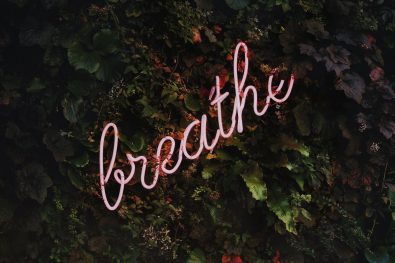Bloom & Grow
Articles to Inform and Inspire

Low bone density in eating disorders is a significant health risk that seems to fly under the radar more than it should. I’m a bit surprised there’s still so much misunderstanding about this topic. So it’s good to be an informed healthcare consumer about this, and arm yourself with the facts so you can get help if you need it.

If you say the words "I'll be happy when..." to yourself, you're falling into a trap which could make you feel worse about yourself. When the "happiness" is only allowed to happen after weight loss, this can actually backfire and lead to more emotional eating in some people. Is it time to question the way you are talking to yourself about your body?

Does your sense of self-worth change based on your clothing size? So often I see people's mood drop because of a tiny tag of fabric. But does it REALLY make sense to see clothing sizes in this way at all? Let's think about this a bit more closely.

Eating disorder recovery is a notoriously changeable journey. One of the most common words you hear being used to describe recovery is "ambivalence". That is, part of your brain wants to change, but part of it is scared of change and desperate to keep things as they are. Here, we look at a brilliant diagram to help you keep the "big picture" in mind on the bad days.

In eating disorder recovery, people occasionally report experiencing "mental hunger". It can be stressful if this happens. Often, these people are working hard to normalise food intake and have been trying to build trust that their natural appetite signals can guide them around how to eat. So what is "mental hunger" and what is actually happening in the body in those moments?

Having a well-nourished body is crucial for your brain to start making sense of appetite signals, let go of rules and rituals, move out of starvation mode, and stabilise binging if it’s occurring. This is where eating disorder dietitians come in.

Stop making weight loss a New Years Resolution scapegoat for stress and unhappiness in your life! Your body is not the problem - so what is?

Disordered eating skyrocketed during COVID lockdown, then many people destabilised again as lockdown lifted.

Binge eating disorder sometimes feels like the most overlooked of eating disorder diagnoses. Worse – it can be overlooked by people in healthcare treatment positions, including doctors, dietitians, even psychologists. Part of the issue is that a great many people who have binge eating disorder don’t realise it’s a disorder at all, or that they can ask for help.

We love the concept of intuitive eating at Bloom Nutrition – in a sense, it is the opposite of disordered eating. When engaged with authentically, intuitive eating is calm, flexible eating that is guided by the body. Unfortunately, the flip side of intuitive eating being popular on the internet is that it’s led some people to use the phrase to catch people’s attention… even if they’re not actually describing true intuitive eating.

At Bloom Nutrition we love a bit of mindful meditation! Why? Because so many of our clients have anxiety, especially around meal times. Growing evidence supports mindful meditation as being helpful in managing a range of disorders, including depression, anxiety, and even chronic pain.
Suite G04W, 138 Carillon Avenue, Newtown, NSW, 2042. - Phone: (02) 9057 6452 - Fax: (02) 8079 0797
© 2026 Bloom Nutrition. All rights reserved.

